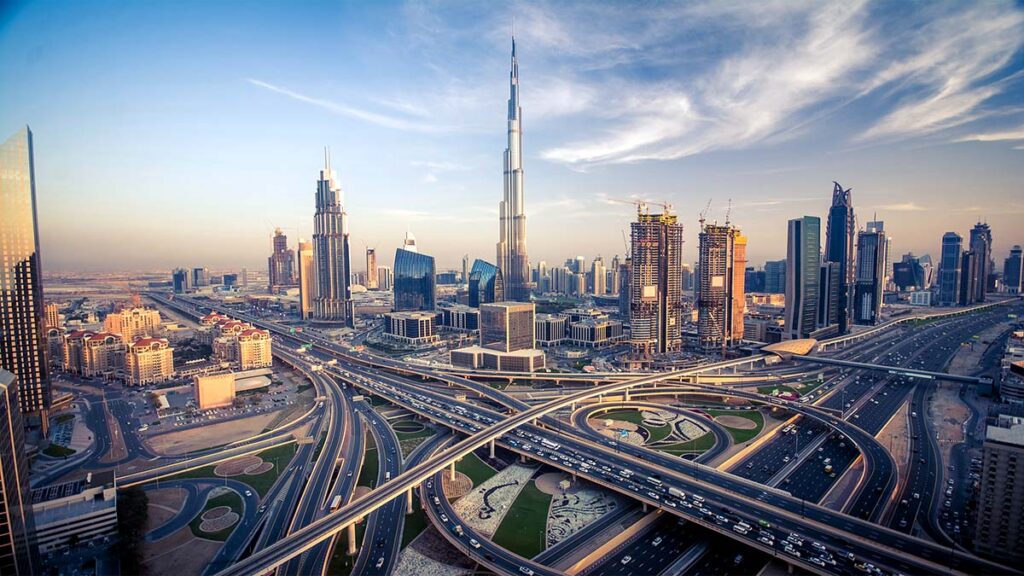
The United Arab Emirates has always been known to have a hands-on approach when dealing with challenging situations, placing the safety of their citizens as their top priority, especially during the COVID-19 global pandemic.
Under the helm of Dubai’s ruler, Sheikh Mohammed bin Rashid Al Maktoum, the Emirate – with a population of approximately 9.9 million – attracted international attention with its ability to contain the spread of the virus whilst keeping the cities’ economy afloat.
Earlier in July last year, Dubai’s Financial Market (DFM) announced the reopening of its trading activities for investors following temporary closure, as well as the return of all economic activities under the directives of Sheikh Mohammed.
In parallel, several laws have been changed to include a resident golden visa for investors as well as the ability for foreigners to own 100 percent of registered firms without the need for a local Emirati shareholder, as it was previously required.
With these amendments, the city of Dubai drew $6.7 billion across 455 programs in foreign direct investment in 2020, according to government numbers. The projects implemented in Dubai exceeded the annual average of 441 over the past five years.
According to additional forecasts, the economy is expected to rise by 2.5 percent in 2021 mainly due to the postponed hosting of Expo 2020 Dubai, set to begin in October 2021.
Between March and October 2020, the Emirate introduced four stimulus packages to mitigate the effects of the city’s lockdown measures. With the fifth stimulus announced by Dubai’s ruler via tweet in January 2021, the total economic stimulus from the government of Dubai reached almost $2 million.
Due to the unique political environment of the Emirates ensuring the universality of laws passed by the Federal Supreme Council, consisting of all seven Emirates’ rulers, across the UAE.
With the pandemic bringing the world to a screeching halt, the decision made by the council held the future of the Emirates, the citizens, and essentially Dubai’s economic rise.
The measures set by the Federal Supreme Council included equipping police with smart helmets to take the temperature of passers-by, paired artificial intelligence (AI) radars to identify car plates of citizens working in vital sectors while issuing fines for the perpetrators of this mobility regulation.
Dubai depended on the aid of technology with the strengthening of their infrastructure to keep their numbers in check by developing applications to ease the process, instead of simply depending on a full lockdown.
From a more technological perspective, the UAE developed an app called Alhosn, used to aid the country to stay in control of the outbreak by tracking the infected cases or potential cases that came in contact with confirmed cases.
The app was issued by the Ministry of Health and Prevention in partnership with local health authorities while being endorsed by the National Authority for Emergency and Crisis Management.
Inside Telecom provides you with an extensive list of content covering all aspects of the tech industry. Keep an eye on our Community section to stay informed and up-to-date with our daily articles.